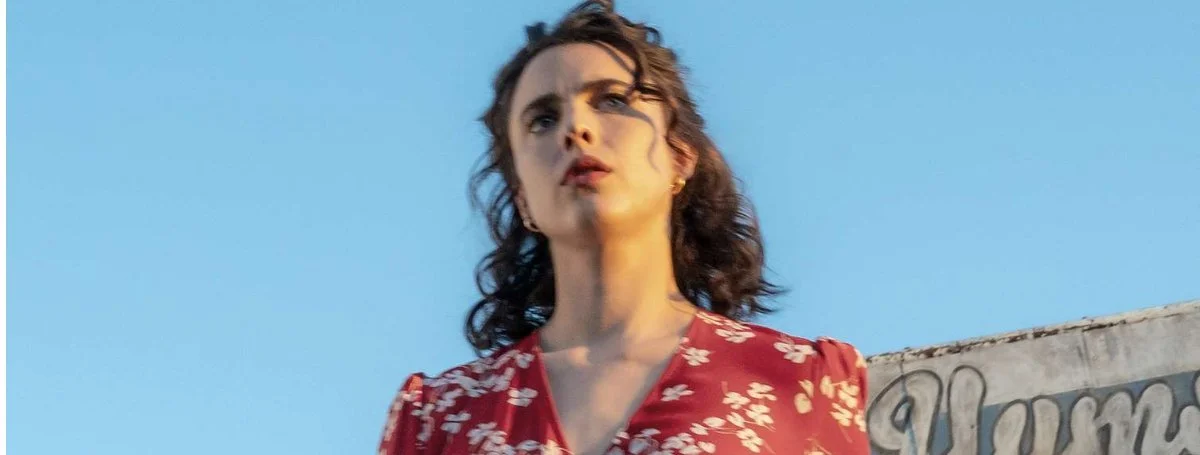I have not seen the documentary “Russians at War,” but I did witness the large, and very loud, demonstrations that occurred last Tuesday at TIFF. Pro-Ukrainian factions are absolutely livid that this doc is playing in the TIFF lineup.
“Russians at War” was supposed to have a few more screening at TIFF on Friday and through the weekend, and the fest had stood by its decision to screen the film, saying it should not be seen as Russian propaganda, but they’ve now completely pulled the film from the festival.
“As a cultural institution, we support civil discourse about and through films, including differences of opinion, and we fully support peaceful assembly,” a TIFF press statement reads. “However, we have received reports indicating potential activity in the coming days that pose significant risk; given the severity of these concerns, we cannot proceed as planned.”
A TIFF representative is saying that they had no choice but to cancel the screenings after they were made aware of “significant threats to festival operations and public safety.”
“Russians at War,” directed by Anastasia Trofimova, has the Canadian-Russian filmmaker embedding herself for seven months with the Russian army near the front line in Ukraine. Based on some of the reviews I’ve read, it’s not a piece of propaganda, but rather attempts to ask tough and noble questions about the war.
People are accusing Trofimova of spreading “Russian propaganda” to the public by making this film. Yet, for example, inside Next Best Picture’s review of the doc, it plainly states that the film tackles “an army in disarray, soldiers disillusioned and often struggling to understand what they are fighting for”. That doesn’t sound like propaganda to me.
So, we’re not allowed to watch this film because it shows the “other side” of a conflict, even though they are depicted as having doubts about their own participation in the war. In other words, you can’t humanize any Russians on-screen. We’re not allowed to know that some of them are actual real people, with real questions and real perspectives. Gotcha.
Regardless, you already know how I feel about banning/canceling art. I understand that TIFF was made aware of significant threats and didn’t seem to have much of a choice in the matter, but it’s always a slippery slope.





